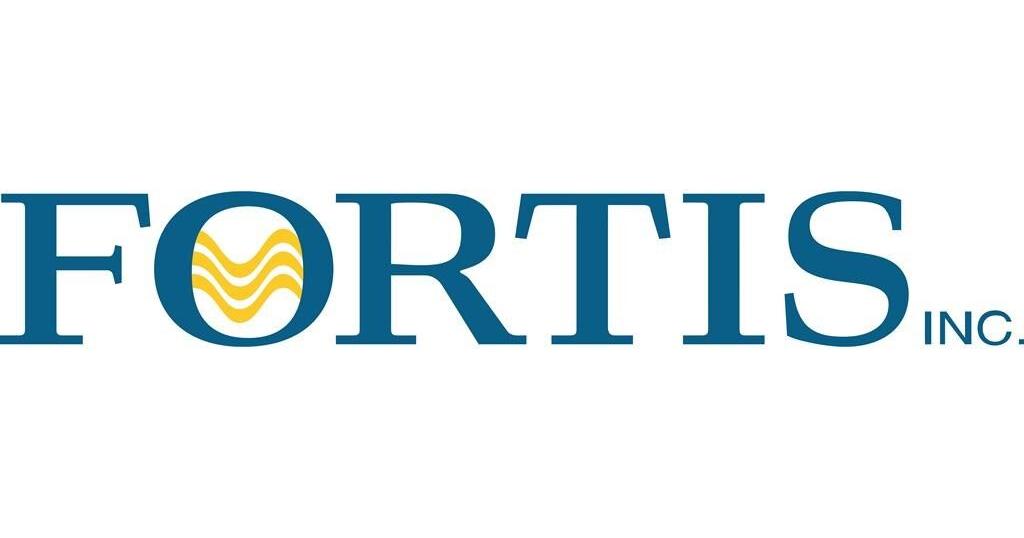Hedge Fund allow portfolio managers to pool investors’ money. But unlike traditional firms, hedge fund managers are allowed to use riskier investment strategies that are not allowed for mutual funds, including short selling, increasing leverage, derivatives, distressed assets, and high-yield bonds. Hedge funds also demand somewhat steep management fees, with the most common known as “2 and 20.” Under this structure, managers demand 2% of capital as a fee and earn 20% of all annual returns.
Starting a Hedge Fund Canada
Financial experts seeking to start a hedge fund have good reason to do so these days. In 2015, hedge fund compensation soared as industry assets under management hit a new record high $2.97 trillion, according to the 2016 Glocap Hedge Fund Compensation Report.1 But starting a fund in Canada is a more complex process than the formation of a private equity fund or a traditional LLC. The nation’s regulatory requirements make it very difficult for smaller investors to access hedge fund strategies, as they are typically limited to wealthy individuals and institutional investors.
Starting a hedge fund in Canada typically takes about a month, and the cost of professional fees is likely to range between CAD 25,000 and 35,000. It also requires a strong background in finance and investing. Hedge fund managers are likely to have worked at a large retail or institutional bank and have completed certifications like the Chartered Investment Manager (CIM) or Chartered Financial Analyst (CFA). Although no standard certification or education is required, managers without an advanced background in finance will have a difficult time obtaining customers and building their assets under management.
Meet Regulatory Requirements
To start, hedge fund managers must first register their fund in the specific province where it will operate. In Canada, there are 10 provinces and three territories. However, Canada is unusual in its regulatory oversight in that it does not have a single regulator at the national level like the Securities and Exchange Commission (SEC) in the United States. The rules in each province are distinct, but nearly every one but Quebec follows a standard set of rules. Combined, the provincial and territorial regulators of the nation are known as the Canadian Securities Administrators (CSA).
Ontario remains the most significant jurisdiction for the registration of hedge funds and oversight of managers in Canada. Its authority is called the Ontario Securities Commission.
If a fund is providing investment advice, managers must register as a financial advisor. If the portfolio manager sells securities in a hedge fund, they must also register as a dealer. Advisors typically only need to register in a specific province, while dealers must register in all the provinces and territories in which the fund will be sold. However, there does not appear to be a minimum education requirement when filing to start a hedge fund, and it is possible to obtain a waiver.
Ongoing Reporting
Following registration, a hedge fund manager will be bound by ongoing reporting requirements to provincial regulators. In addition, the manager is bound by regional laws that regulate insider trading, conflicts of interest, and proxy voting, among other factors. The hedge fund is also bound by federal and provincial laws that focus on crimes like financial terrorism, money laundering, and personal privacy.
According to KPMG, the hedge fund must also provide annual audited financial statements to investors and regulators within 90 days of year-end. In addition, funds must provide semiannual unaudited financial statements to investors and regulators within 60 days of the interim period-end. Finally, financial statements must be prepared in accordance with Canadian generally accepted accounting principles (GAAP) and National Instrument 81-106 rules.
Raising Capital
Finally, a hedge fund requires capital. Raising money requires a manager who is able to sell the fund and investment strategy to individuals who have money. However, there is a minimum requirement in each province or territory to be registered as a hedge fund. In Ontario, for example, the minimum capital requirements are:
- CAD 25,000 for a portfolio manager,
- CAD 50,000 for an exempt market dealer, and
- CAD 100,000 for an investment fund manager.2
When hedge funds are formed, there are two options when marketing the fund. Either the firm sells itself with a prospectus or it does not. The prospectus outlines the firm’s investment strategy, risks, structure, and other key components. When a fund does not use a prospectus, a manager has far more flexibility in how they sell the fund. However, without a prospectus, it is limited to specific investors.
Investors include:
- Accredited investors are allowed to invest. These include government agencies, institutions, and high-net-worth individuals, investors who have at least $1 million in net worth or earn $250,000 in income each year.
- Investors who meet a minimum investment. These investors must invest at least $150,000 into a fund.
- Investors in British Columbia, New Brunswick, Newfoundland and Labrador, and Nova Scotia can also sign a form that acknowledges the risk they are taking with their capital. Each investor has two days to back out of the positions. In Ontario, an offering memorandum exemption is not an option.
The Bottom Line on Hedge Fund Canada
The process of starting a hedge fund in Canada is very similar to the one followed by portfolio managers in the United States. A few key factors differentiate Canada’s hedge fund industry from the one in the US, including costs and the lack of a single central authority overseeing the sector. Each province and territory has its own regulatory authority. Potential hedge fund managers should visit the Alternative Investment Management Association (AIMA Canada) for additional insight into each step of the process.
Related


































